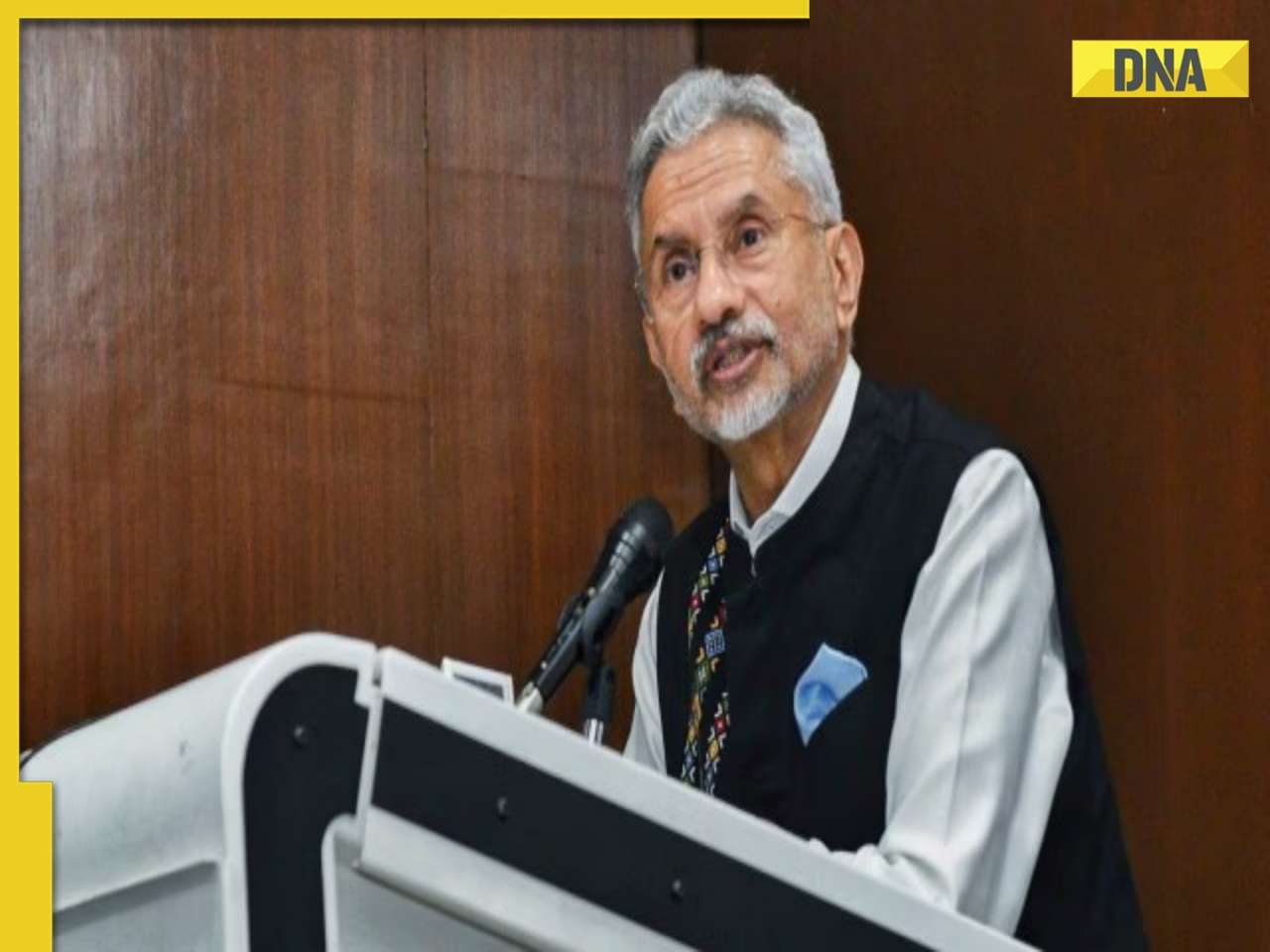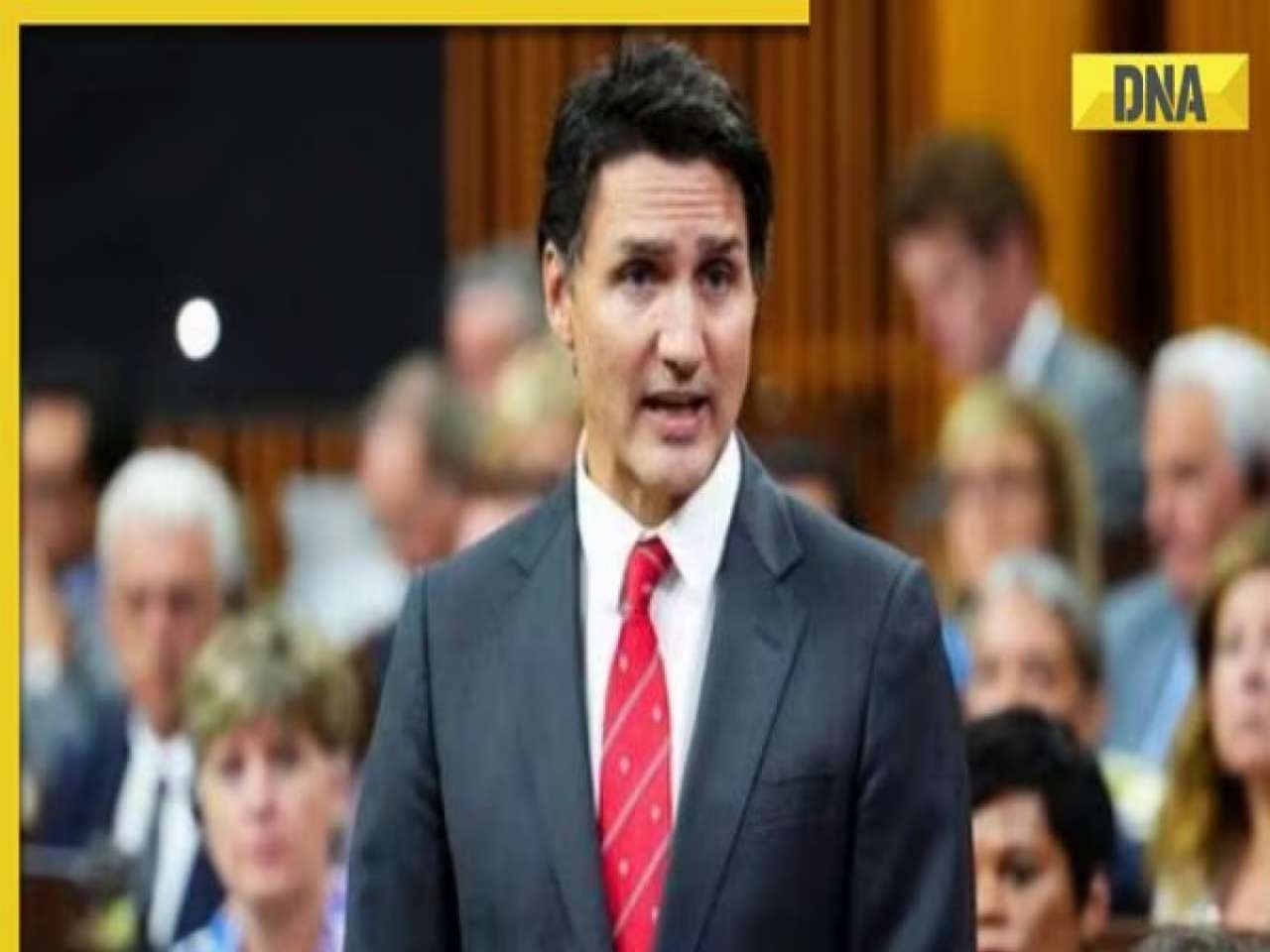India’s status as a nuclear pariah ended with the Nuclear Suppliers Group opening the doors of international commerce by granting the “clean waiver” the Manmohan Singh government wanted.
VIENNA: India’s status as a nuclear pariah ended on Saturday with the Nuclear Suppliers Group opening the doors of international commerce by granting the “clean waiver” the Manmohan Singh government desperately wanted.
It was touch and go for India till late last night but finally the NSG waiver has salvaged the Indo-US nuclear deal, which now faces its next hurdle at the US Congress later this month. For Prime Minister Singh, the waiver has come as a personal triumph, as he fought for the Indo-US civil nuclear co-operation written off by cynics within the country and the non proliferation advocates worldwide.
But Singh stubbornly persisted, helped along by US President George Bush who wanted a new strategic relationship with India to counter the growing military and economic clout of China in Asia. The deal was the centrepiece of this relationship, flogged by the US administration as strengthening the non proliferation regime by bringing India into the fold. Bush is keen to leave this as a bright spot in his otherwise unpopular legacy as president.
In an interview last year Singh had referred to George Bush as India’s best friend. The President called him soon after the good news came through from Vienna. Singh thanked the President for his help and his personal involvement.
The Prime Minister had sold the agreement as an energy pact which will provide India the electricity needed to sustain its 9 per cent growth. He believed that the energy mix would widen India's choice and help industry to generate jobs to lift India's teeming millions out of the grinding circle of poverty.
The re-worked text of the exemption document passed by the NSG is not yet available, though Indian officials insist it has come without conditions attached. The killer amendment which was brought in by Austria, New Zealand and Ireland on Friday was to include a paragraph about the consequences India would face in case of future tests.
New Delhi was willing to walk out of the negotiations rather than have the test clause included. With the opposition that the UPA government faces at home, agreeing to this would have been committing political hara-kiri.
“There is no explicit reference to testing in the waiver,” national security adviser M.K.Narayanan told a television channel soon after the news came in. Foreign minister Pranab Mukherjee stressed on the same point: “I am happy to inform you that the final outcome fully meets our expectations and is consistent with Government policy and the national consensus on disarmament and non-proliferation. The NSG waiver is a unique development that has been achieved in accordance with commitments given to
Parliament and the people of India, and is consistent with India’s national interest.”
Pranab Mukherjee also thanked the United States, France, United Kingdom and Russia for their help through the entire process. He also thanked IAEA chief El-Baradei, a staunch supporter of the deal who helped the smooth ride of the endorsement of the IAEA safety document through the board of governors.
Saturday’s waiver came after the stiff resistance put up by a group of six nations at the beginning of the meeting in Vienna on Thursday gradually subsided. The six were Ireland, Austria, New Zealand, Switzerland, Norway and Finland, with strong domestic non proliferation constituencies.
By late Friday only New Zealand, Austria and Ireland remained, the others had been reassured by Pranab Mukherjee’s stirring statement about India’s commitment to non proliferation. The statement was made to re assure the doubters that India took its non proliferation obligations seriously. The fact that India had a nuclear weapons program, had refused to sign the nuclear non proliferation treaty or the comprehensive test ban treaty but was still being rewarded had annoyed many countries.
But relentless pressure by the US finally broke down the resistance of the last three nations holding on to their principles. When the NSG members met again this morning the exemption was granted without further drama.
Without the arm twisting by the American it is unlikely that the exemption could be got. Daryl Kimball, executive director of the Washington-based Arms Control Association, accused the US delegation of resorting to “some nasty threats, misinformation about positions and intimidation to try to wear down” the three holdout countries.
g_seema@dnaindia.net
![submenu-img]() 'They unilaterally took some measures': EAM Jaishankar on new Nepal 100 rupee currency
'They unilaterally took some measures': EAM Jaishankar on new Nepal 100 rupee currency![submenu-img]() Meet Ice Cream Lady of India, who built Rs 6000 crore company, started with small investment of Rs…
Meet Ice Cream Lady of India, who built Rs 6000 crore company, started with small investment of Rs…![submenu-img]() ‘Canada a rule-of-law country’: PM Trudeau after 3 Indian arrested over Hardeep Nijjar's murder
‘Canada a rule-of-law country’: PM Trudeau after 3 Indian arrested over Hardeep Nijjar's murder![submenu-img]() Viral video: Specially-abled girl’s energetic dance to Bollywood song wows internet, watch
Viral video: Specially-abled girl’s energetic dance to Bollywood song wows internet, watch![submenu-img]() 'Baap re baap': Imtiaz Ali reveals Diljit Dosanjh was scandalised by old women's 'vulgar' improvisation on Chamkila set
'Baap re baap': Imtiaz Ali reveals Diljit Dosanjh was scandalised by old women's 'vulgar' improvisation on Chamkila set![submenu-img]() DNA Verified: Is CAA an anti-Muslim law? Centre terms news report as 'misleading'
DNA Verified: Is CAA an anti-Muslim law? Centre terms news report as 'misleading'![submenu-img]() DNA Verified: Lok Sabha Elections 2024 to be held on April 19? Know truth behind viral message
DNA Verified: Lok Sabha Elections 2024 to be held on April 19? Know truth behind viral message![submenu-img]() DNA Verified: Modi govt giving students free laptops under 'One Student One Laptop' scheme? Know truth here
DNA Verified: Modi govt giving students free laptops under 'One Student One Laptop' scheme? Know truth here![submenu-img]() DNA Verified: Shah Rukh Khan denies reports of his role in release of India's naval officers from Qatar
DNA Verified: Shah Rukh Khan denies reports of his role in release of India's naval officers from Qatar![submenu-img]() DNA Verified: Is govt providing Rs 1.6 lakh benefit to girls under PM Ladli Laxmi Yojana? Know truth
DNA Verified: Is govt providing Rs 1.6 lakh benefit to girls under PM Ladli Laxmi Yojana? Know truth![submenu-img]() Streaming This Week: Heeramandi, Shaitaan, Manjummel Boys, latest OTT releases to binge-watch
Streaming This Week: Heeramandi, Shaitaan, Manjummel Boys, latest OTT releases to binge-watch![submenu-img]() Remember Ayesha Kapur? Michelle from Black, here's how actress, nutrition coach, entrepreneur looks after 19 years
Remember Ayesha Kapur? Michelle from Black, here's how actress, nutrition coach, entrepreneur looks after 19 years![submenu-img]() Remember Heyy Babyy's cute 'Angel' Juanna Sanghvi? 20 year-old looks unrecognisable now, fans say 'her comeback will...'
Remember Heyy Babyy's cute 'Angel' Juanna Sanghvi? 20 year-old looks unrecognisable now, fans say 'her comeback will...'![submenu-img]() In pics: Arti Singh stuns in red lehenga as she ties the knot with beau Dipak Chauhan in dreamy wedding
In pics: Arti Singh stuns in red lehenga as she ties the knot with beau Dipak Chauhan in dreamy wedding![submenu-img]() Actors who died due to cosmetic surgeries
Actors who died due to cosmetic surgeries![submenu-img]() DNA Explainer: Why Harvey Weinstein's rape conviction was overturned, will beleaguered Hollywood mogul get out of jail?
DNA Explainer: Why Harvey Weinstein's rape conviction was overturned, will beleaguered Hollywood mogul get out of jail?![submenu-img]() What is inheritance tax?
What is inheritance tax?![submenu-img]() DNA Explainer: What is cloud seeding which is blamed for wreaking havoc in Dubai?
DNA Explainer: What is cloud seeding which is blamed for wreaking havoc in Dubai?![submenu-img]() DNA Explainer: What is Israel's Arrow-3 defence system used to intercept Iran's missile attack?
DNA Explainer: What is Israel's Arrow-3 defence system used to intercept Iran's missile attack?![submenu-img]() DNA Explainer: How Iranian projectiles failed to breach iron-clad Israeli air defence
DNA Explainer: How Iranian projectiles failed to breach iron-clad Israeli air defence![submenu-img]() 'Baap re baap': Imtiaz Ali reveals Diljit Dosanjh was scandalised by old women's 'vulgar' improvisation on Chamkila set
'Baap re baap': Imtiaz Ali reveals Diljit Dosanjh was scandalised by old women's 'vulgar' improvisation on Chamkila set![submenu-img]() This actor, who worked with Karan Johar and Farhan Akhtar, gave superhit shows, saw failed marriage, killed himself at..
This actor, who worked with Karan Johar and Farhan Akhtar, gave superhit shows, saw failed marriage, killed himself at..![submenu-img]() Did you know Ranveer Singh's grandmother was popular actress? Worked with Raj Kapoor; her career affected due to...
Did you know Ranveer Singh's grandmother was popular actress? Worked with Raj Kapoor; her career affected due to...![submenu-img]() India's highest-paid TV actress began working at 8, her Bollywood films flopped, was seen in Bigg Boss 1, now charges...
India's highest-paid TV actress began working at 8, her Bollywood films flopped, was seen in Bigg Boss 1, now charges...![submenu-img]() Shreyas Talpade wonders if his heart attack was due to Covid vaccine: 'We don’t know what we have taken inside...'
Shreyas Talpade wonders if his heart attack was due to Covid vaccine: 'We don’t know what we have taken inside...'![submenu-img]() IPL 2024: Faf du Plessis, Virat Kohli help Royal Challengers Bengaluru defeat Gujarat Titans by 4 wickets
IPL 2024: Faf du Plessis, Virat Kohli help Royal Challengers Bengaluru defeat Gujarat Titans by 4 wickets![submenu-img]() IPL 2024: Why is Sai Kishore not playing today's RCB vs GT match?
IPL 2024: Why is Sai Kishore not playing today's RCB vs GT match?![submenu-img]() 'Mumbai Indians ki kahani khatam': Ex-India star slams Hardik Pandya after MI's loss to KKR at Wankhede
'Mumbai Indians ki kahani khatam': Ex-India star slams Hardik Pandya after MI's loss to KKR at Wankhede![submenu-img]() LSG vs KKR, IPL 2024: Predicted playing XI, live streaming details, weather and pitch report
LSG vs KKR, IPL 2024: Predicted playing XI, live streaming details, weather and pitch report![submenu-img]() LSG vs KKR IPL 2024 Dream11 prediction: Fantasy cricket tips for Lucknow Super Giants vs Kolkata Knight Riders
LSG vs KKR IPL 2024 Dream11 prediction: Fantasy cricket tips for Lucknow Super Giants vs Kolkata Knight Riders![submenu-img]() Viral video: Specially-abled girl’s energetic dance to Bollywood song wows internet, watch
Viral video: Specially-abled girl’s energetic dance to Bollywood song wows internet, watch![submenu-img]() Viral video: Man educates younger brother about mensuration, internet is highly impressed
Viral video: Man educates younger brother about mensuration, internet is highly impressed![submenu-img]() Girl's wedding dance to Haryanvi song interrupted by mother in viral video, internet reacts
Girl's wedding dance to Haryanvi song interrupted by mother in viral video, internet reacts![submenu-img]() Viral video: Man fearlessly grabs dozens of snakes, internet is scared
Viral video: Man fearlessly grabs dozens of snakes, internet is scared![submenu-img]() This mysterious mobile phone number was suspended after three users...
This mysterious mobile phone number was suspended after three users...
















































)
)
)
)
)
)